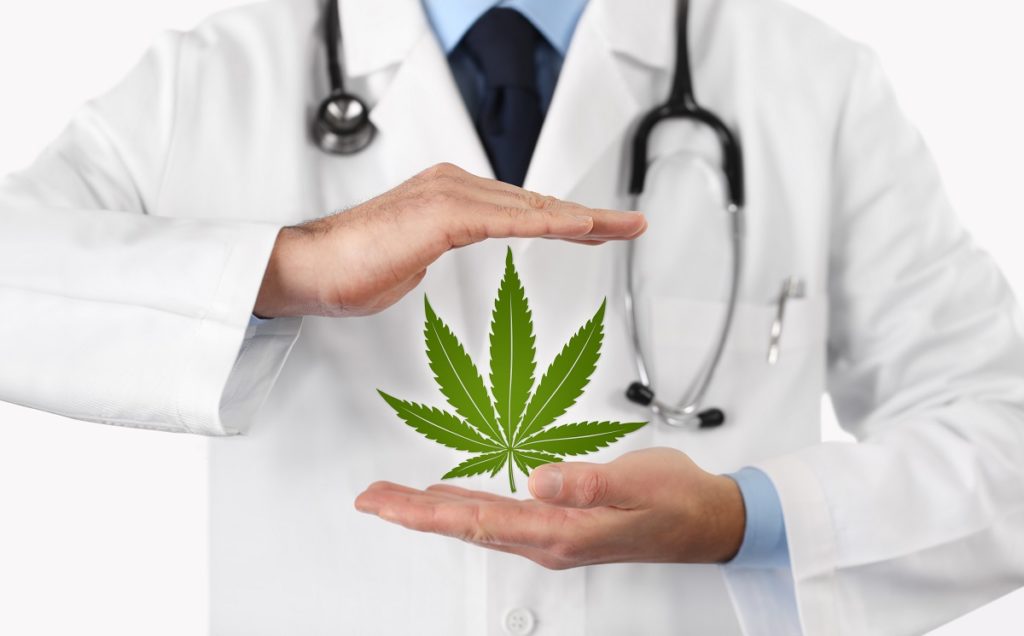If you’re not yet in the medical hemp business, you’re probably missing out. Normalization of cannabis has been steadfast over the last decade or so, but the subject still leaves a funny taste in the mouth for some. In fact, recreational marijuana use remains strictly prohibited across many parts of the world.
Even medical use, while expanding, is highly controlled in most countries. This has forced businesses to redirect their attention to hemp, the less-restricted cousin of the cannabis plant.
Hemp is a cannabis strain that’s low in Tetrahydrocannabinol (THC), the psychoactive compound in marijuana that makes you high, and contains high levels of cannibidiol (CBD), a non-psychoactive chemical recognized for treating many common ailments.
Hemp’s great CBD concentration makes it an attractive form of alternative medicine, and key investors in the $340 billion global cannabis market have not turned a blind eye to the potential demand.
In 2017, more than $800 million worth of legal hemp products were distributed in the U.S. alone. In 2018, hemp covered nearly 26,000 acres of land across 19 states and the government issued 1,456 licenses to hemp farms.
The question now is, as an aspiring entrepreneur, how do you get into the CBD craze?

First and foremost: know the law
The U.S. law on hemp is constantly evolving. Marijuana cultivation and distribution remains a highly regulated industry, and you’ll need a good commercial law firm in your corner to make sure you’re not violating any laws.
But if you want to know basics, Congress passed the Farm Bill in 2018, declaring hemp as an agricultural commodity in the U.S. As of this writing, under federal law, CBD and other cannabinoids derived from hemp are no longer controlled substances. For businesses, that means greater commercial opportunities.
CBD regulations vary by state, so before taking the next step forward, make sure you’ve consulted a lawyer. They’ll help you obtain all the necessary permits and licenses and keep you aligned with all the relevant laws.
The easiest way to get in
By easiest, we mean simplest, fastest, and least expensive. You most likely don’t have an established client base standing by and waiting to buy your products. So we suggest, start small and start from the beginning. Become a cannabis resource online. Start an information-rich blog or news site that will build your reputation as an authority on the subject of hemp.
If you do it right, you will gain readers, start selling ads, and eventually, get some sponsorships. High readership combined with ad revenue puts you in an advantageous position to start introducing and selling real hemp products. To get into the industry, let’s assume you don’t already own a farm or a processing facility or a distribution network.
The big shot in is called a seed to sale operation that will require high startup costs. This will cover application and licensing fees, raw materials, land, labor, utilities, cultivation, harvesting, trimming, testing. And after that, of course, you’ll need marketing and distribution solutions to ensure that you’re reaching the right customers.
To say that the CBD business is thriving is an understatement. According to recent research, CBD is projected to become a $1.8 billion industry by 2022. If you want to be a part of that growth, know the laws, talk to the right people, and learn about the industry’s intricacies as much as you can.











